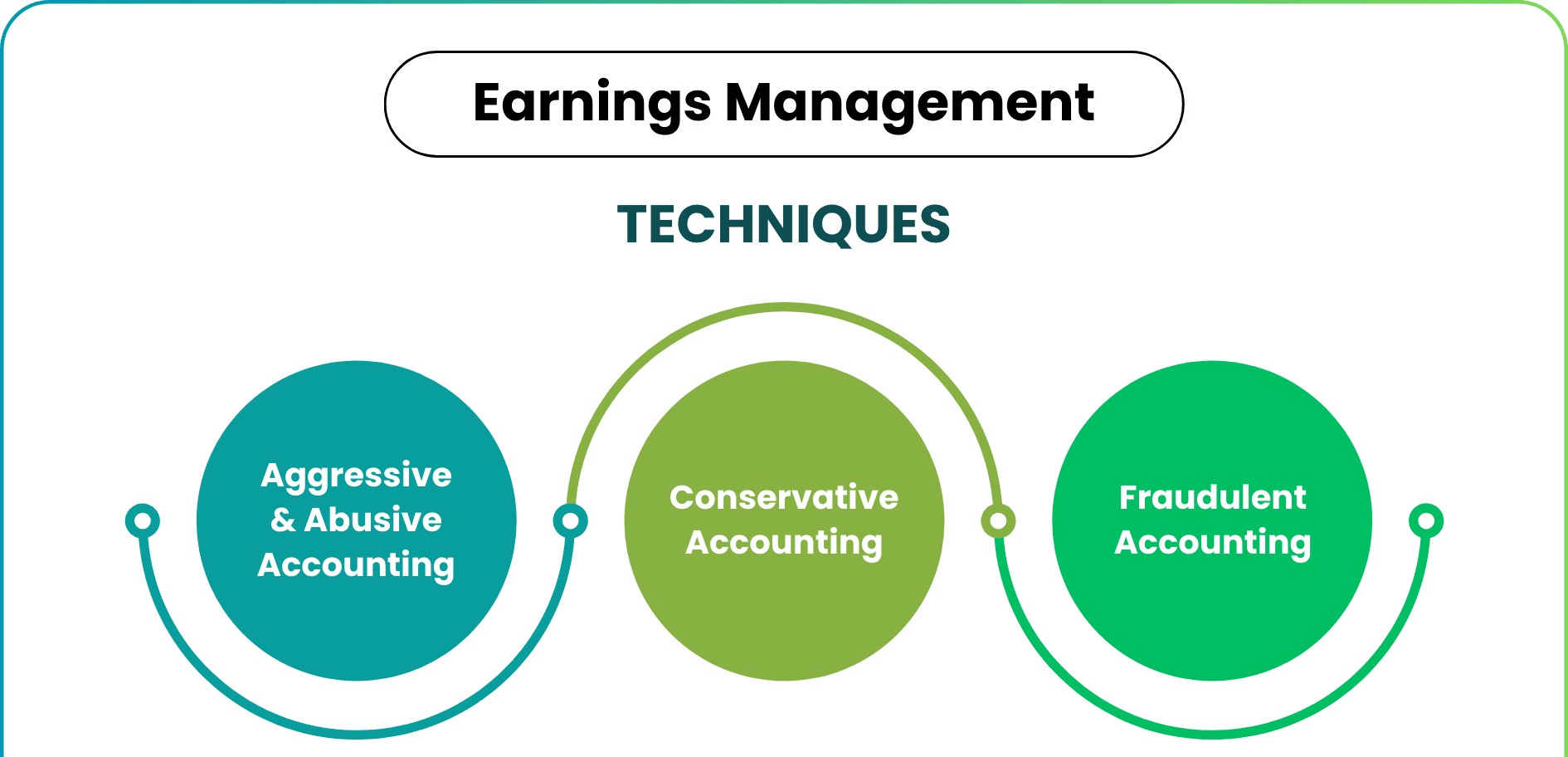The success of the iPhone can be attributed to a combination of innovative technology, meticulous design, and a commitment to providing an exceptional user experience. Since its inception in 2007, the iPhone has continuously evolved, setting industry standards and influencing the way we interact with technology.
Let us delve into the key technologies that have contributed to the iPhone’s success.
Custom-designed processors
Apple’s custom-designed processors, such as the A-series chips, are at the heart of every iPhone. These processors are known for their exceptional performance, energy efficiency, and seamless integration with iOS. Apple is expected to introduce a more powerful processor, improving overall device speed and capabilities inthe latest iphone 15 pro max.
Retina displays
The iPhone’s Retina display technology ensures sharp, vibrant, and accurate visuals. Retina displays have high pixel densities, making individual pixels virtually indistinguishable to the human eye. This results in crisp text, lifelike images, and an immersive viewing experience.
Camera innovations
Apple has consistently pushed the envelope in smartphone photography. The integration of advanced camera sensors, image processing software, and computational photography techniques has made iPhones capable of capturing stunning photos and videos. Features like Smart HDR, Night mode, and ProRAW support have set new standards in mobile photography.
iOS ecosystem
The iOS operating system is a critical component of the iPhone’s success. It offers a user-friendly interface, regular updates, robust security, and a vast selection of apps through the App Store. iOS also ensures seamless integration with other Apple devices, allowing users to transition effortlessly between their iPhone, iPad, Mac, and more.
Biometric authentication
The introduction of Touch ID and Face ID revolutionized mobile security. These biometric authentication methods provide secure and convenient ways to unlock the iPhone, make payments, and access sensitive data. Face ID, in particular, utilizes advanced facial recognition technology for accuracy and reliability.
Siri and AI integration
Siri, Apple’s virtual assistant, harnesses the power of artificial intelligence (AI) to perform tasks, answer questions, and provide recommendations. Continuous AI advancements have made Siri more capable and responsive, enhancing user productivity and convenience.
Battery and power management
Apple has made significant strides in battery life and power management. Technologies like low-power mode, optimized battery charging, and energy-efficient processors ensure that iPhones can last longer on a single charge, even with increasing usage demands.
Environmental initiative
Apple has been committed to reducing its environmental footprint. The use of recycled materials, energy-efficient manufacturing processes, and product recycling programs demonstrate Apple’s dedication to sustainability.
Augmented Reality (AR)
Apple’s ARKit framework empowers developers to create immersive AR experiences. AR apps and features, such as ARKit’s People Occlusion and Motion Capture, offer exciting possibilities for entertainment, education, and productivity.
Final thoughts
The iPhone’s success is a testament to Apple’s relentless pursuit of innovation and excellence in technology. From custom-designed processors and stunning displays to advanced camera systems and privacy-focused software, the iPhone has continually raised the bar for what a smartphone can achieve. It has not only shaped the mobile industry but also transformed the way we communicate, work, and live in the digital age. As Apple continues to push the boundaries of technology, the iPhone’s legacy of success is likely to endure for years to come.
















